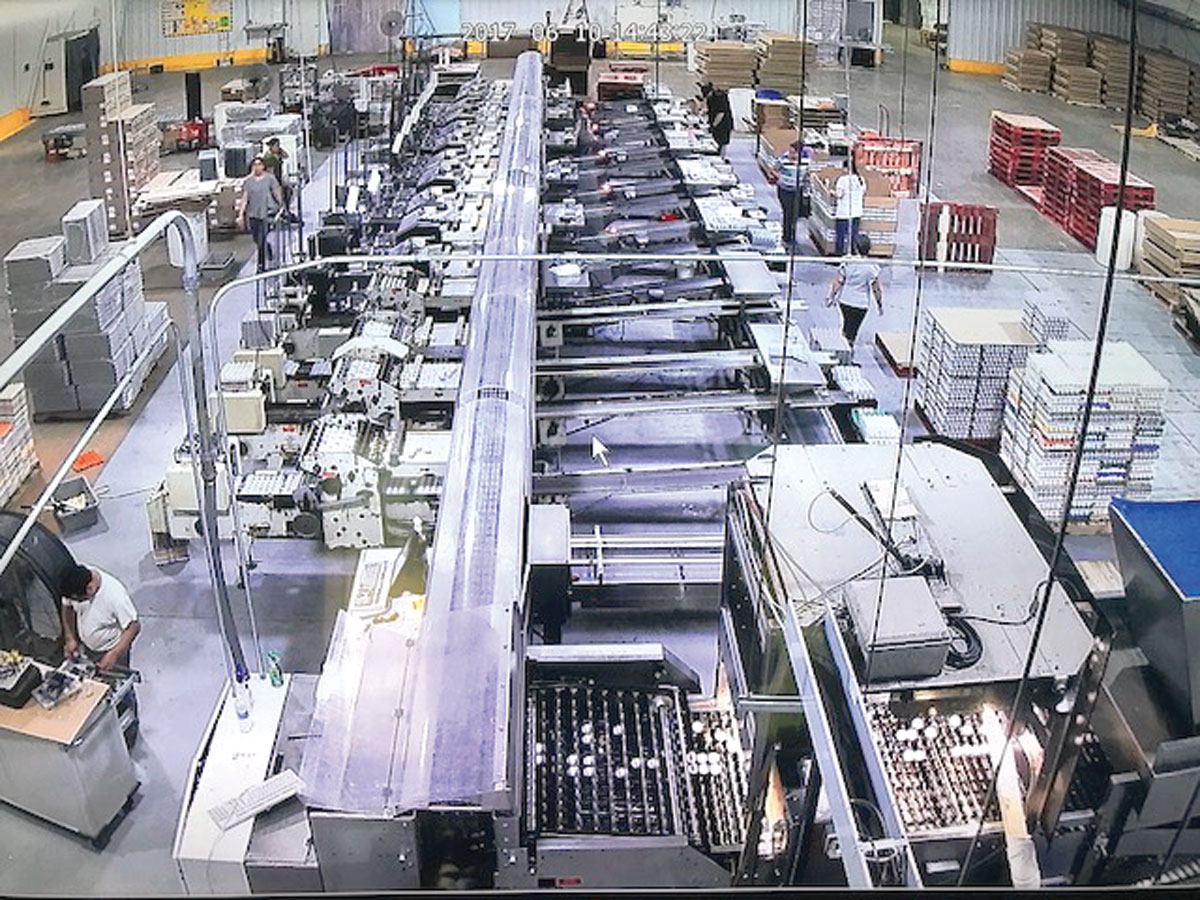 Four generations of the Caldwell family have been involved in the poultry industry
Four generations of the Caldwell family have been involved in the poultry industry
Fifty years ago, the Caldwell egg business was a very basic “mom and pop” type entity, processing and packing eggs in a building behind Caldwell Feed Mill in Rose Bud, Ark.
The Caldwells contracted out their egg production to growers across the area. At the time, there were three generations of Caldwell involved in the egg business, Bill Caldwell, his son Henry and grandson Billy Caldwell, who represent the second, third and fourth generations of the Caldwell family. The fifth generation, Billy’s son Seth, is waiting in the wings.
The contract egg business served the Caldwells well until the industry began to change dramatically in the mid-1990s. Much like the broiler industry, the entire poultry industry began to look at large economies of scale models and smaller producers found themselves either expanding to multi-house complexes to meet demands, or leaving the poultry business.
Faced with the same economies of scale scenario, Caldwell Foods LLC made the decision for a major facility expansion and to produce their own eggs.
In 1998, Caldwell Foods began construction on a large egg facility, complete with processing plant just north of Rose Bud. The plant became operational in 2000 and Caldwell Foods LLC., was formed to operate that aspect of the business with Billy and his wife Robin as the principals in the business.
Unlike the broiler industry, which maintains a steady profit model, the egg industry can provide some wild roller coaster margins for egg produces.
“Over the last 50 years, the egg industry has proven to be profitable for those producers who can weather the market storms,” Billy explained. “It requires operators to be knowledgeable in many facets of the business, manage effectively and adapt to emerging technologies.”
Major factors that influence profitability for the industry are: surpluses and deficits in the supply of eggs nationally (bird inventories) and the prevailing cost of major inputs, mainly grain feed. Additional factors that affect individual companies include the ability to correctly manage flock placements to match both local and national supply (price) variances and their ability to participate in supplying premium markets (customers).
Being a perishable commodity, eggs require refrigeration and expedited transportation throughout the food channels. The primary end users of shell eggs are retail customers who purchase them at grocery stores for household consumption, food service customers who purchase them to serve in restaurants and other commercial dining situations, and egg products companies who convert shell eggs into a multitude of egg products, many of which have extended shelf lives. And as most grocery shoppers know, there is not a one-size-fits-all to egg companies today any more than it was 50 years ago.
The egg industry presents challenges and opportunities just like any other industry.
“Some large firms face big challenges,” Billy said. “And some smaller firms are quite successful. Consolidation affects all industries and the egg industry is no different, but there are niches for the small family farms that can be just as beneficial as those opportunities that exist for the bigger, nationwide conglomerates. We have found our niche, and it works well for us.”
Cage-free or free-range chickens is a trend that has certainly gained a lot of momentum the last few years and is one that has not gone unnoticed at Caldwell Foods.
The shift in production is away from traditional housing for laying hens to the new cage-free designs. What a lot of consumers do not realize is this will take a staggering amount of investment by the industry coupled with and a decision by the buying public to choose to purchase a more expensive product. Currently, consumers are proving to be slow in adopting higher the higher prices.
“The industry is really struggling with this (cage-free) right now,” Billy said. “Some of the early adapters of the cage-free system reaped some early profits. But those are gone. With the reluctance of consumers to “jump on the bandwagon 100 percent, many are standing back, taking a good hard look at the investment required. In my thinking, I see the industry evolving into more cage-free facilities as the current “legacy systems” become obsolete, perhaps over the next 10 years or so.”








I recently bought eggs at the new dollar store in ross town arkansas they had egg yoke on them an some were not clean. As an arkansas company I want you to do well, but these eggs were really bad. What happened. It was a bout the middle of August 2019. Dot mill burn 501 472 0106.